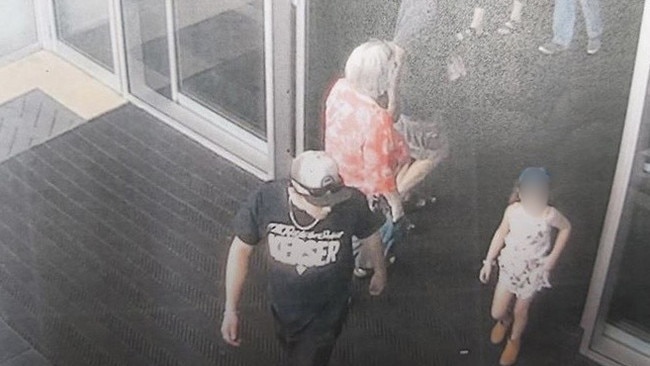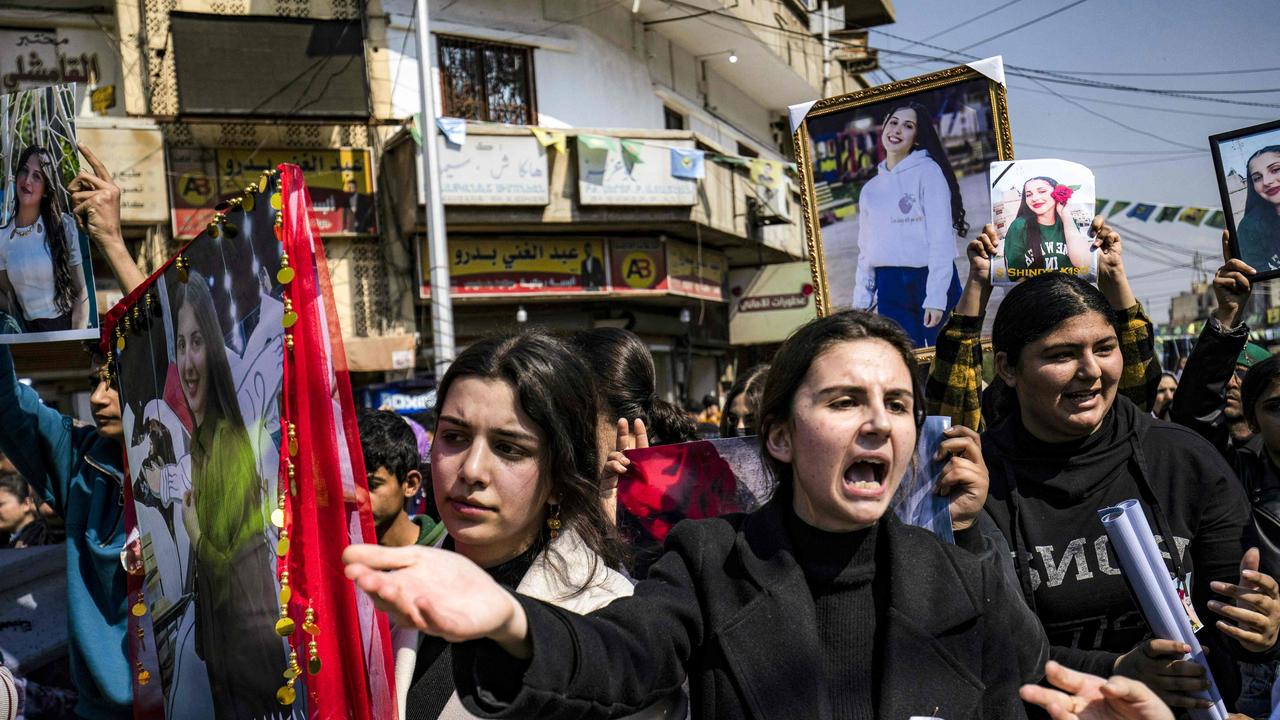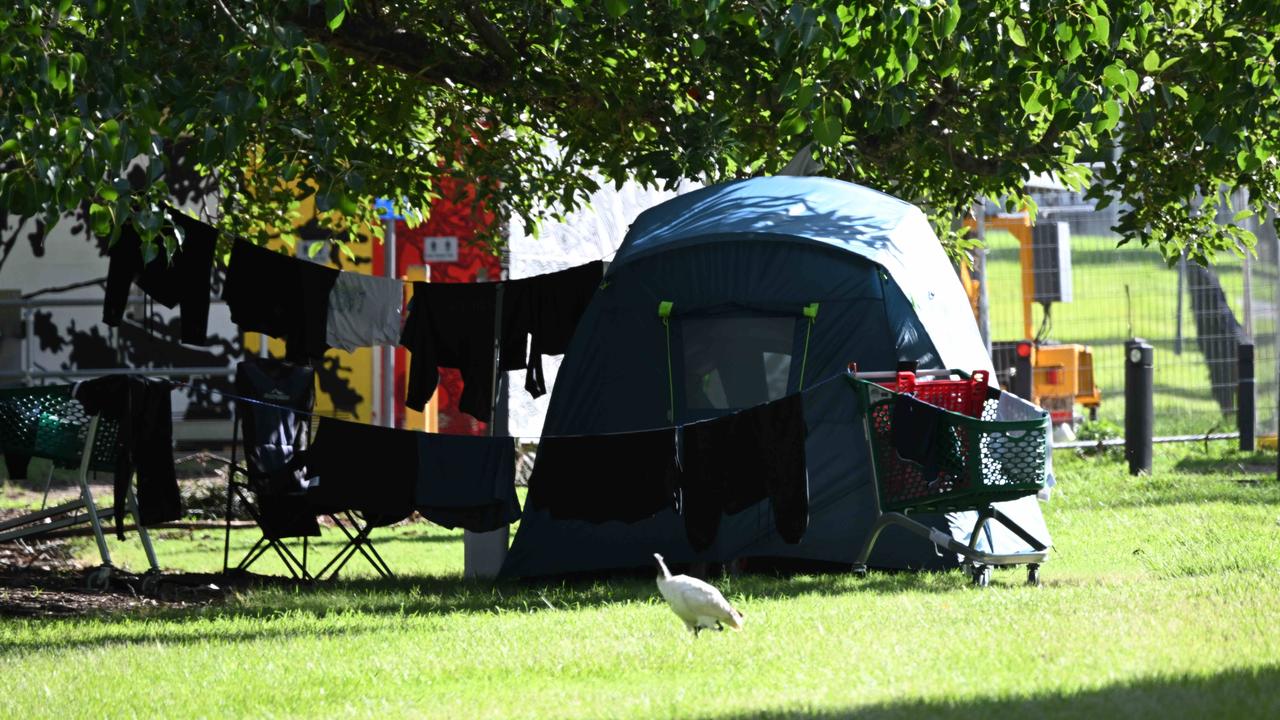Public left at the mercy of the politics of justice
Queensland’s judicial system is under fire once more for perceived left-wing bias.

This is both a matter of record and a distinguishing feature of the administration of justice in the Sunshine State. For better or worse, judges are installed by the government of the day — and in Queensland, the ALP has held power for 25 out of the past 30 years, an unequalled run.
So it’s no surprise that 20 of 28 trial and appeals justices of the Supreme Court and 33 of 42 judges on or empowered by the District Court are Labor appointees. The question is, has this affected judicial performance in terms of competent sentencing or any prevailing culture that might exist among the men and women who constitute Queensland’s superior courts?
The issue has been brought into sharp relief by the uproar over the seemingly light sentence meted out earlier this month to convicted child molester Sterling Free. The young man abducted and sexually assaulted a seven-year-old girl after luring her from the toy aisle of a north Brisbane Kmart, a crime described by trial judge Julie Dick as “every parent’s nightmare”.
It proved to be doubly so in the aggrieved view of Home Affairs Minister Peter Dutton, among many others, when Free, 27, was jailed for eight years on October 12. The District Court judge could have declared him a serious violence offender under special sentencing provisions that would have required him to serve 80 per cent of that time behind bars, but did not. Instead, he will be eligible for parole by 2022.
Queensland Attorney-General Yvette D’Ath acknowledged the outcry on Thursday when she told state parliament the sentence would be appealed. “I understand there has been significant community interest in this matter,” she deadpanned. Dutton, who had described Free’s punishment as an outrage, was joined in the pile-on by deeply respected child safety advocates Bruce and Denise Morcombe. The sentence as it stood would be “a shock to every … Australian”, they warned, speaking with the solemn authority of the parents of a murdered child.
Raw nerves
There are limits, of course, to what can and should be read into a single court decision. Yet there’s no doubt the Kmart abduction case tugged a very raw nerve in Queensland, and not only with the public.
The white-anting of former chief justice Tim Carmody, a one-time Family Court judge who was appointed chief magistrate by conservative premier Campbell Newman in 2013 and catapulted into the top post barely nine months later to the thunderous disapproval of the legal community, dragged into the spotlight unseemly infighting among judges, and claims the state’s judiciary as a whole had been politicised.
The ever-combative Newman doesn’t mince his words. “Labor made all the appointments, the people occupying the key positions have a left-wing slant and administer justice from that perspective,” he tells Inquirer. “There is no doubt in my mind … the Labor Party ultimately needs to take responsibility for that. They have done it.”
If Carmody’s low-key exit from the bench on September 10 was supposed to finally be a balm to the wounds, it seems there is still some work to be done. (Having quit as chief justice in July 2015, after Newman’s LNP government lost office, he stayed on as a judge of the Supreme Court and supplemental member of the Queensland Administrative Appeals Tribunal.)
This week The Australian highlighted two other issues that go to the heart of the accountability of judges and public confidence in their performance.
First, there was the extraordinary case of Land Court judge Paul Anthony Smith. The president of the Court of Appeal, former state solicitor-general Walter Sofronoff, branded Smith “irrational” in a savage judgment detailing his bungling of a development application by the New Hope Group to expand its coalmine at Acland, west of Brisbane.
Smith, however, wasn’t on the bench to take his medicine: he had quietly retired before the appeal was handed down last month. It’s worth asking why.
“In most other jobs you would have a bit of explaining to do over a stuff-up of that scale,” a senior barrister observed.
Out of step
But D’Ath was unmoved. Asked whether Smith had faced sanction over an earlier Supreme Court finding that he had an apprehended bias against New Hope, her spokesman said pointedly: “The Attorney-General doesn’t comment on individual judges, past or present, but she would like to acknowledge the improvements at the Land Court over the last 12 months, which include dramatic reduction in the time taken to deliver judgments.”
Separately, John Robertson, the former District Court judge who heads the Queensland Sentencing Advisory Council to the state government, revealed that judges were imposing lighter sentences than perhaps warranted for violent offences and sex crimes to avoid triggering an SVO order, automatic for terms of, or higher than, 10 years’ jail.
As an unimpressed Newman notes, this suggests that judges, however well intentioned, are subverting the will of parliament. Robertson says the effect is to “perversely” exert downward pressures on sentences, holding them back in some serious cases because judges are reluctant to go above 10 years’ imprisonment, knowing the offender will have to serve a minimum of eight years when parole would typically be available at the halfway mark.
“Overall, no one else has this,” he says of Queensland’s unique SVO regime.
“Lawyers in other jurisdictions … just shake their heads and say: ‘What? You have to serve 80 per cent if you plead guilty?’ ”
This may well have been one of the factors judge Dick weighed in sentencing Free. The sentencing advisory council recommended the state government review the SVO provisions in a report last October on child homicide.
Robertson’s staff combed through 11 years of trial records covering 62 child deaths, nearly half of them for the offence of unlawful killing or manslaughter, as well as reams of research literature.
At the same time, extensive focus group research was conducted to see how people reacted to the penalties imposed by the courts.
The results were surprising on one level: adults convicted of child manslaughter on average received lower sentences than those who unlawfully killed another adult — 6.8 years against 8.5 years. Unremarkably, the focus groups felt this was out of step with community expectations. Robertson argues that this in part reflects the complexity and nuance of child homicide cases, all too often the tragic consequence of wrongdoing or extreme neglect by a parent.
Data ‘not available’
But the exercise also had the rare and intrinsically valuable effect of benchmarking the performance of the judiciary.
While the courts publish self-serving data on case completion rates and judges’ workloads, few other accountability markers are made available. Figures on crown appeal rates, such as that flagged by D’Ath in the Kmart abduction case, and the outcomes of those cases are not collated for public release, nor are those for the more numerous defence appeals against criminal convictions and/or sentences.
True, all judgments of the Court of Appeal are published on its website, as are those of the Supreme and District courts. But it would take a keen and dedicated reader to discern performance trends for the bench in general or individual judges in all but exceptional cases such as that of Smith or the Brisbane-based Federal Circuit Court judge Salvatore Vasta, whose propensity to be reversed on appeal has been mercilessly documented in the media.
When Inquirer asked for a 10-year breakdown of crown and defence appeal outcomes, we were told the data was not available and would take at least six weeks to be gathered were that possible, which it might not be. Is it any wonder that conspiracy theories about the supposed groupthink of judges gain traction in this vacuum?
Robertson, while shying away from commenting on individual cases, says one of the lessons of the child homicide study and wider academic research was that the public needed more information than contained in necessarily brief and sometimes inflammatory media reports to grasp what was happening in the courts.
He points to the work of Tasmanian criminologist Kate Warner before she became state governor. Her team was allowed to poll hundreds of jurors before and after empanelment. About 70 per cent said any subsequent sentence passed by the trial judge was adequate — though this fell in cases involving children.
“All the research tells us if you really want … a reliable assessment of public opinion about sentencing it has to come from people who have good information about the sentence — about the conceptual basis, the offence itself, the effect on the victim, the offender — all the things that the judge has to take into account,” Robertson says.
Party politics
Today’s revelations in the news pages about the party-political engagement of the president of the Queensland Bar Association, Rebecca Treston QC, at the May federal election won’t help.
Shamelessly, the silk posted a photograph of herself sporting a Labor T-shirt, buttonholing none other than Dutton at a polling station in his Brisbane electorate of Dickson, where he faced a spirited challenge from her friend, Ali France.
While Treston insists she was supporting the woman, not the ALP, in a strictly personal capacity this has cut little ice with her critics at the Brisbane bar. A past president of the Bar Association, Christopher Hughes QC, has gone so far as to write to federal Attorney-General Christian Porter dissociating himself from Treston’s actions. These were particularly unwise, her critics say, when the president of the bar sits on the judicial appointments panel in charge of creating the shortlist of candidates for judicial appointment that goes to the state Attorney-General and in turn cabinet, which makes the selection. Treston is further charged with appointing members of the bar consultative committee that makes recommendations around this time each year on candidates applying for silk, a signature event in the career of any barrister.
As one prominent senior counsel notes: “The argument is that you can draw a straight line from getting silk to getting your bum on the bench. That’s why people say the Labor fix is in … it’s all the same political gene pool.”
There is no question being appointed QC — Newman brought back the nomenclature and it has stuck — affords a considerable advantage to judicial candidates.
As Queensland Law Society president Bill Potts ruefully notes, it’s a matter of record that not a single solicitor has been promoted to the benches of the superior courts in five years. Still, it’s a long bow to draw, as Newman does, that Labor-appointed judges are “left-wingers” who can be counted on to act in a certain predetermined way. Potts insists that’s a misreading of how innately independent-minded judges go about their business.
“I have to say there has been, generally, a process of picking people not on the basis of their political affinity but because of their skill set,” he says. “However, like all things, there have been some problems which have arisen … you can’t get away from that.” His answer? A judicial commission along the lines of the watchdog in NSW but with expanded powers to recommend appointments. “It would take away any suggestion of jobs for the boys and girls,” Potts says.




If the case against the Queensland judiciary is that it has been stacked by appointments from one side of politics, namely Labor, the verdict is in. Guilty as charged, your honours.